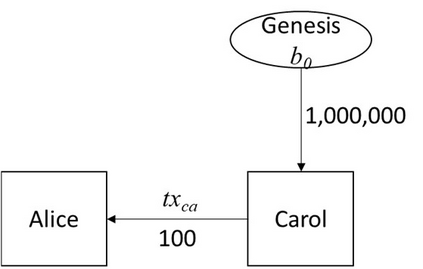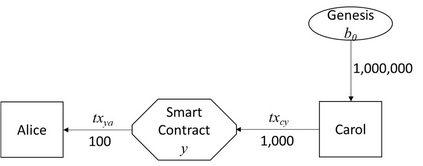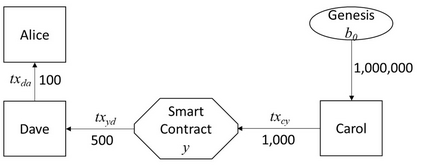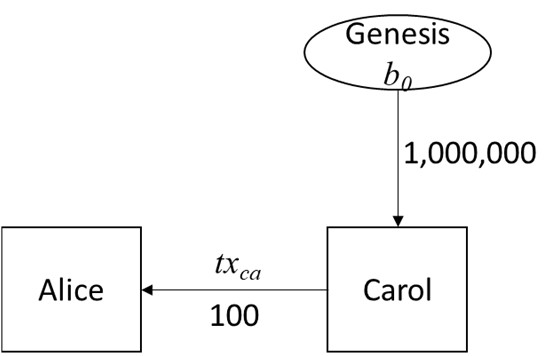Deep neural networks (DNNs) could be very useful in blockchain applications such as DeFi and NFT trading. However, training / running large-scale DNNs as part of a smart contract is infeasible on today's blockchain platforms, due to two fundamental design issues of these platforms. First, blockchains nowadays typically require that each node maintain the complete world state at any time, meaning that the node must execute all transactions in every block. This is prohibitively expensive for computationally intensive smart contracts involving DNNs. Second, existing blockchain platforms expect smart contract transactions to have deterministic, reproducible results and effects. In contrast, DNNs are usually trained / run lock-free on massively parallel computing devices such as GPUs, TPUs and / or computing clusters, which often do not yield deterministic results. This paper proposes novel platform designs, collectively called A New Hope (ANH), that address the above issues. The main ideas are (i) computing-intensive smart contract transactions are only executed by nodes who need their results, or by specialized serviced providers, and (ii) a non-deterministic smart contract transaction leads to uncertain results, which can still be validated, though at a relatively high cost; specifically for DNNs, the validation cost can often be reduced by verifying properties of the results instead of their exact values. In addition, we discuss various implications of ANH, including its effects on token fungibility, sharding, private transactions, and the fundamental meaning of a smart contract.
翻译:深心神经网络(DNN)对于DFI和NFT交易等连锁应用可能非常有用。 但是,作为智能合同的一部分培训/运行大型DNN作为智能合同的一部分,在当今的连锁平台上是行不通的。 首先,现在的连锁系统通常要求每个节点在任何时候保持完整的世界状态,这意味着节点必须在每个区块中执行所有交易。这对计算涉及DNNS的密集智能合同来说成本太高。 其次,现有的智能连锁平台期望智能合同交易具有确定性、可复制的结果和效果。 相比之下,DNNN通常在大规模平行的计算机设备(如GPUs、TPUs和/或计算集群)上接受培训/无锁,通常不会产生确定性的结果。 本文提出了新的平台设计,统称为A新希望(ANHU),解决上述问题。 主要想法是:(i) 智能智能智能合同交易只能由那些需要其结果的人来完成,或者由专门服务供应商来复制结果。 (ii) 智能交易通常通过不具有确定性的成本价值的交易结果, 也可以进行不确定。









